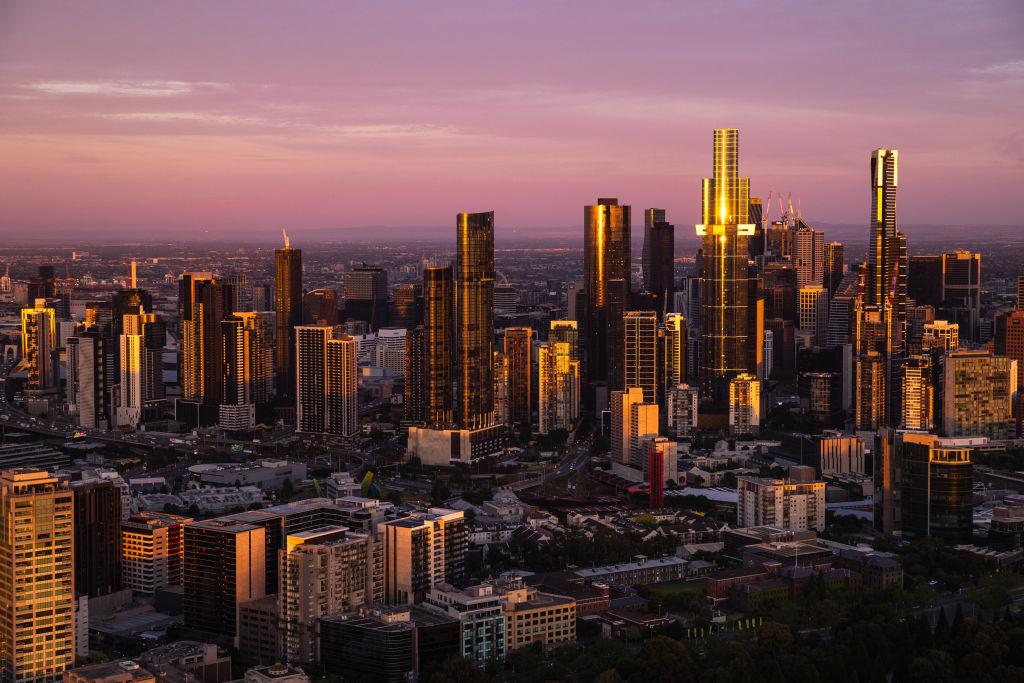Over half of Australian businesses have evaluated Victoria as the most challenging state to do business in the country, adding that they have to pay the highest taxes nationally.
The Victorian Chamber of Commerce and Industry (VCCI) released a new report introducing its first index that ranked the cost of operating business in all states and territories in Australia on Feb. 9.





